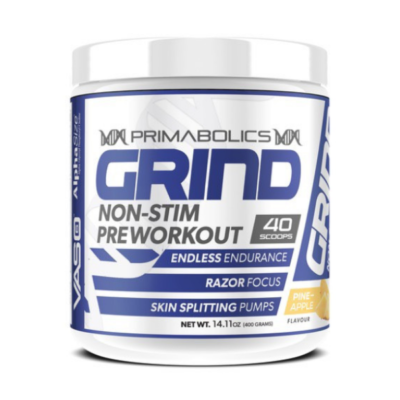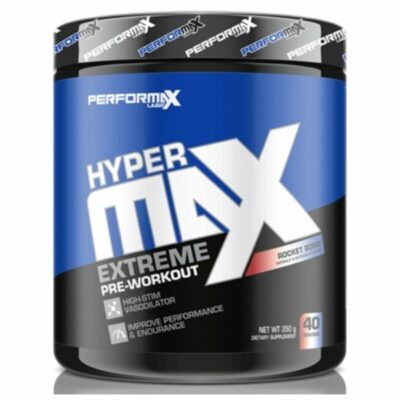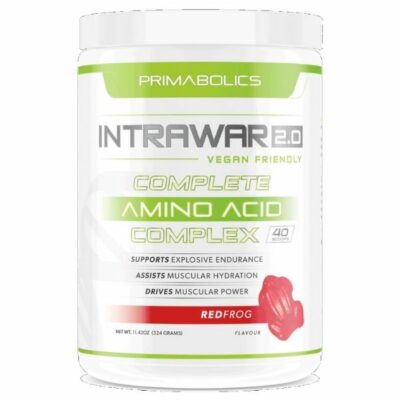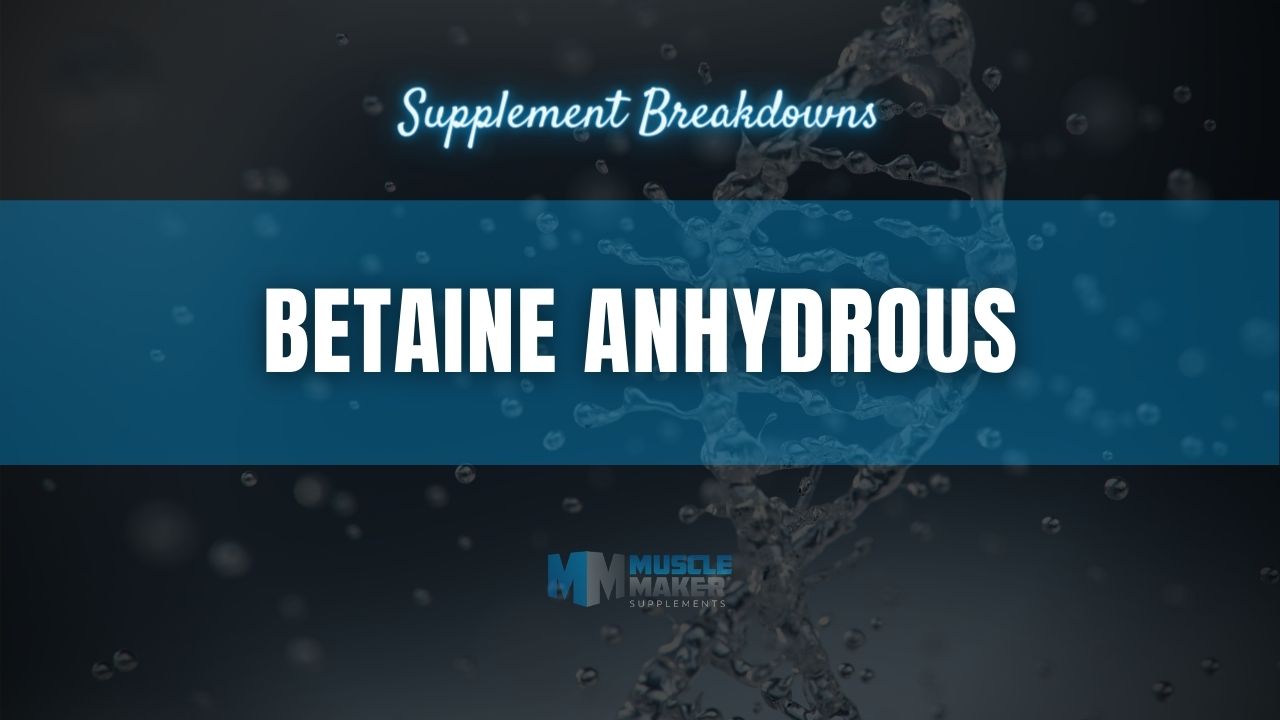WHAT IS BETAINE ANHYDROUS?
Betaine Anhydrous is a natural compound that is found in the body. Betaine is also known as and referred to as Trimethylglycine or TMG for short. From a structural point of view, Betaine is a small trimethylated amino acid with the amino acid element being glycine and therefore giving us the name of Trimethyl-glycine. As mentioned it can be found in the body but also found in sugar beets which is how it got the name of Betaine.
Just to be clear with the naming of this ingredient; Betaine Anhydrous, Trimethylglycine and TMG are the exact same ingredient. Whichever name they choose to use on the nutritional panel, you are getting the same ingredient. Sometimes you may see products use Betaine Nitrate which is Betaine Anhydrous paired with a Nitrate for additional benefits.
WHAT DOES IT DO/WHY USE IT?
Betaine plays a few roles in the body but is most known in the sports supplements industry for providing similar benefits to Creatine. Without going to scienctific; Betaine works as an osmolyte in the body just like Creatine. Osmolytes are molecules that are moved in and out of cells in order to maintain cell volume and fluid balance. A better-hydrated cell is more resilient to stressors such as training and exercise.
Betaine serves a vital role in methylation in the body. It does this through two possible mechanisms: either being used as a methyl donor to reduce homocysteine into the amino acid L-methionine or by increasing levels of active folate molecules which then go on to donate methyl groups and reduce homocysteine levels through the methylation process.
So why is all this improved methylation important? It’s all about this amino acid called homocysteine. Homocysteine is an amino acid that is produced in the body from the breakdown of proteins as part of the methylation process. High levels of homocysteine are increasingly being recognised as an important risk factor for disease and seen as an indicator of potential health problems such as cardiovascular disease and Alzheimer’s.
Patients that are diagnosed with methylation issues or high homocysteine levels are prescribed Betaine supplements as it can directly reduce homocysteine levels through methylation.
From a performance point of view; Betaine supplementation has been studied to have positive effects on muscular power, muscular endurance & body composition. There have even been 2 studies that have specifically looked at these effects; 1 study on just males and 1 study on just females. Additionally, there have been numerous studies on Betaine supplementation that have shown improvements in power, strength and muscular endurance.
The female study gave the subjects either 2.5g of Betaine Anhydrous each day or a placebo with the results being:
- 250% more weight loss with Betaine supplementation
- 50% more body fat loss with Betaine supplementation
The male study gave the subjects either 2.5 of Betaine Anhydrous (1.25g twice a day) or a placebo for only 6 weeks and the results of the Betaine group were:
- 3.2% decrease in Body Fat vs. 0.2% increase in the placebo group
- 2.4 kg increase in Lean Body Mass vs. 0.3 kg increase in the placebo group
- 2.9 kg decrease in Fat Mass vs. 0.3 kg increase in the placebo group
- Larger arm size (cross-sectional measurement) growth over the placebo group
- High training volume over the placebo group
The exact mechanism for these body composition & performance changes hasn’t been identified. Some argue it is the osmolyte properties of Betaine while others argue that it is the improved methylation ability of the body. Personally, we feel it’s a mixture of a both working together to allow the body to function at a higher level and all aspects of training, recovery and vital bodily processes.
HOW/WHEN DO I TAKE IT?
Betaine does not need to be supplemented at any particular time of day to utilise its benefits. The key to supplementing with Betaine is consistency day after day, much like creatine. Ensuring you are getting your daily dose of at least 2.5 grams each day is all you need to worry about when supplementing with Betaine.
Often you will find Betaine in pre-workouts, with the intention of providing muscular power and endurance. You will often see it in post-workout formulas, with the intention of supporting muscle growth and recovery.
A minimum of 2.5 grams per day has been to yield the body composition changing results from the studies above. The studies supplemented Betaine, in both a single 2.5 gram dose per day and also a 1.25 gram dose, taken twice per day. It’s not clear if there is any benefit to how you ingest the 2.5 gram serve.
In regards to having a reducing effect on homocysteine levels; dosages as low as 1 gram can be effective with upper dosages being at 5+ grams per day. There is some relation to the reduction in homocysteine levels and the amount of Betaine supplemented, the higher the dose of Betaine, the lower homocysteine levels were.
WHICH ARE THE BEST PRODUCTS?
If you wish to start benefiting from the effects of Betaine Anhydrous like increased power, endurance, body recomposition and a whole other range of benefits then it’s a good time to start supplementing with this ingredient. We’ve done the work for you & found the best Betaine supplements based on quality, price & versatility!

PRIMABOLICS GRIND

PERFORMAX LABS HYPERMAX EXTREME
Click me!


